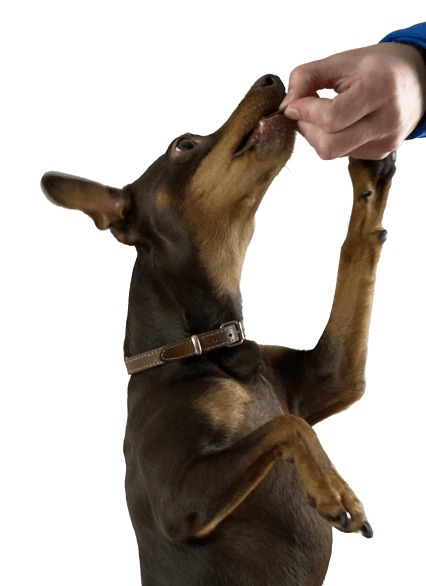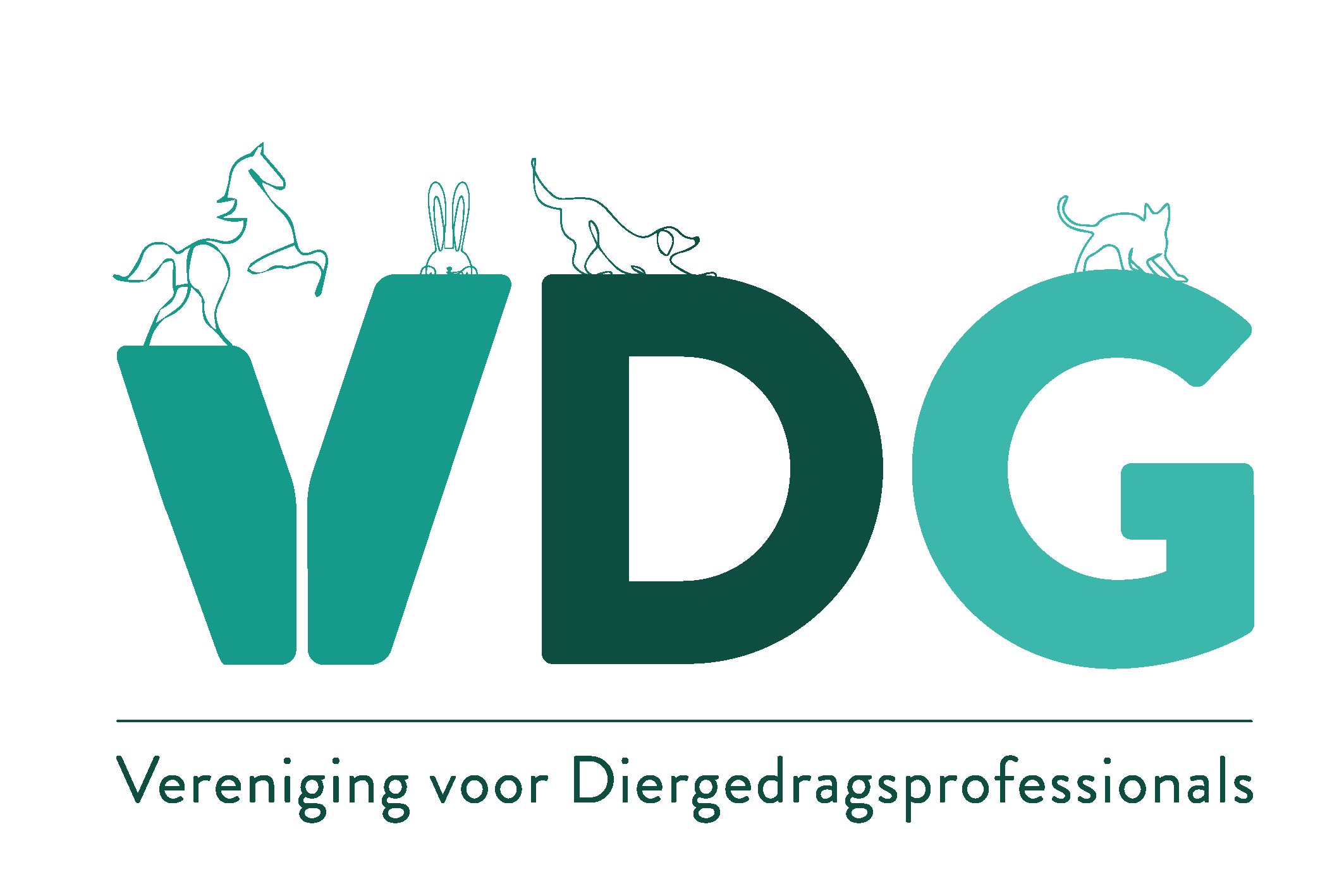Author: Evie Van Hove
My dog bites everything: what can you do?
You come home to find that your favourite shoes are in pieces, or the sofa has once again fallen victim to your dog's chewing behaviour. It can be frustrating when your dog breaks everything, but this behaviour often stems from natural instincts or underlying problems. In this blog, we dive deeper into the causes of destructive biting and offer solutions to reduce this behaviour.
1. Why does your dog bite everything?
Dogs chew for different reasons, and it is important to understand why your dog is exhibiting destructive behaviour. Here are some possible causes:
1.1. Teething in puppies
If you have a young dog, the biting may simply be related to teeth shedding. Puppies lose their baby teeth and gain their adult teeth between 3 and 6 months of age. During this period, the gums can be sore, and chewing helps to relieve the pain.
1.2. Boredom
As with boredom in general, a dog may start chewing destructively if it does not get enough mental and physical stimulation. Chewing is a way to release energy and keep himself busy.
1.3. Stress and anxiety
Chewing can also be a self-soothing behaviour for dogs that are anxious or stressed. This can happen, for example, if your dog suffers from separation anxiety. When you are not at home, your dog may get nervous and start chewing on things to calm himself down.
1.4. Lack of chewing material
If your dog does not have suitable toys to chew on, he will look for other objects on his own to satisfy his chewing needs. These could be furniture, shoes, or other household items.
1.5. Attention seeking
Sometimes dogs bite things because they know this will provoke a reaction from you. Even negative attention, such as getting angry, can be the attention they seek for some dogs.
"Dogs chew for different reasons, and it is important to understand why your dog is exhibiting destructive behaviour."
2. How can you prevent destructive chewing?
Fortunately, there are several ways to reduce biting and protect your home and belongings. Here are some practical tips:
2.1. Offer suitable chewing material
Make sure your dog has plenty of toys and chew bones specifically designed to meet dogs' chewing needs. These can be sturdy rubber toys, chew bones, or even edible chew snacks. Make sure the toy is safe and suitable for your dog's size and chew strength.
- Rotation of toys: Rotate toys regularly to keep them interesting for your dog.
- Fillable toys: Toys that you can fill with treats, such as a Kong, can keep your dog occupied for longer periods of time and provide mental stimulation.
2.2. More exercise and stimulation
Make sure your dog gets enough exercise and mental stimulation to prevent boredom. This can include daily walks, playing in the garden, or doing interactive games such as search and retrieve games.
- Training: Teach your dog new commands or tricks to keep his mind busy and use his energy constructively.
- Sniffing activities: Dogs enjoy using their noses. Consider activities that require your dog to search for treats or toys.
2.3. Train your dog not to bite
With positive reward training, you can teach your dog not to chew on unwanted objects. This involves rewarding your dog when he shows the right behaviour, such as chewing on his toys instead of your shoes.
- Redirection: If your dog starts chewing on something that is not allowed, calmly interrupt him and give him a suitable chew toy. Reward him when he starts chewing on the appropriate toy.
- Use chewing sprays: There are sprays available that have an unpleasant taste for dogs. You can spray these on furniture or other objects to discourage your dog from chewing on them.
2.4. Reduce stress and anxiety
If you suspect that stress or anxiety is the cause of destructive chewing behaviour, it is important to address the source of this stress. For separation anxiety, it may help to gradually build up your dog's solitude, or consult a behavioural therapist.
- Calming environment: Provide a quiet and safe place where your dog can retreat when he feels anxious.
- Routine: A set routine can help reduce your dog's anxiety, as he knows what to expect.
2.5. Avoid punishing your dog
It may be tempting to get angry when your dog bites something, but punishment can often make the problem worse. Punishment can lead to more anxiety and stress, which can actually reinforce the chewing behaviour. Instead, it is better to focus on positively reinforcing good behaviour and offering alternatives.
3. What to do if the problem persists?
If you find that despite all your efforts, your dog's destructive chewing behaviour persists, it may be useful to seek professional help. A dog behaviourist can help you identify deeper behavioural problems and draw up a plan to address the problem.
Conclusion
Destructive chewing behaviour can be frustrating, but it is usually a sign that your dog needs something, such as more exercise, mental stimulation, or appropriate chewing materials. By giving your dog the right tools and applying positive training, you can effectively reduce this behaviour.
Remember, every dog is different and patience and consistency are the key to success. With the right approach, you can ensure that your dog is happy and fulfilled - and your home stays safe from his chewy teeth!
Evie Van Hove is PgD Clinical Animal Behaviour, certified puppy coach, dog trainer and behaviour coach. She has been business manager of Pettherapy.be since 2021.





